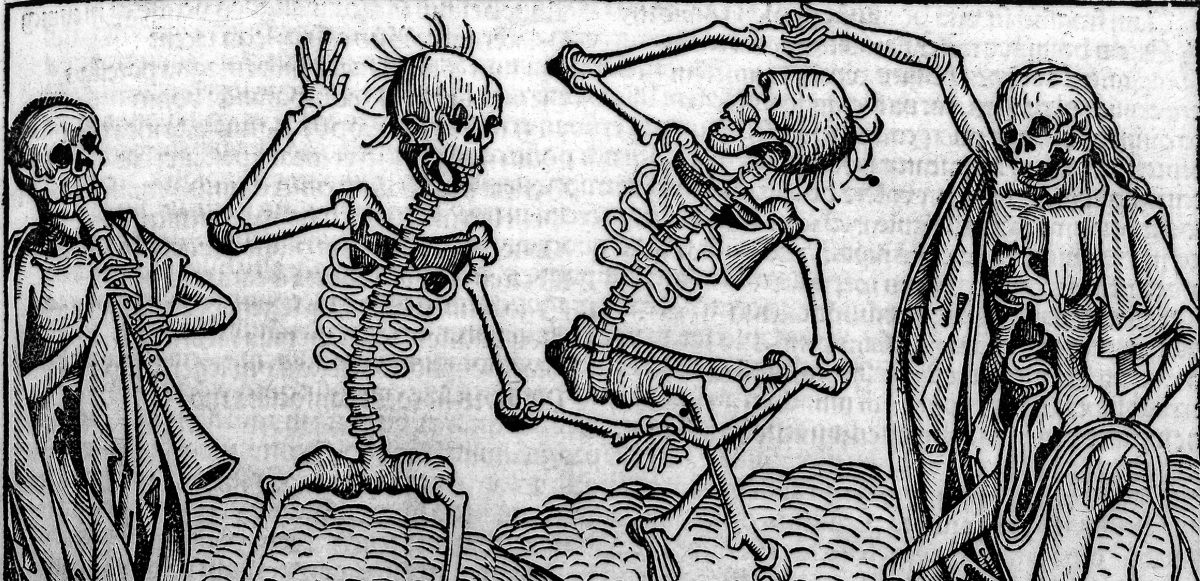 I’m in the latest issue of The Skeptic at the moment, writing about standards of proof when looking at medieval and Early Modern sources (largely medieval in that article) who present the supernatural as fact. For me, critical thinking is an indispensably important part of what I do – although I wouldn’t say I identify as ‘a S(c/k)eptic’ in the sense that it’s arisen as a social group. There are sceptic pub nights, there are sceptic podcasts and magazines. That’s not me.
I’m in the latest issue of The Skeptic at the moment, writing about standards of proof when looking at medieval and Early Modern sources (largely medieval in that article) who present the supernatural as fact. For me, critical thinking is an indispensably important part of what I do – although I wouldn’t say I identify as ‘a S(c/k)eptic’ in the sense that it’s arisen as a social group. There are sceptic pub nights, there are sceptic podcasts and magazines. That’s not me.
I’m not an anti-sceptic either. My personal beliefs are my own, and they’re not part of my historical work. If I’m honest with myself, perhaps the reason my work is about social history instead of being more phenomenological is because it’s a debate that I’d rather keep out of, in part because even if we can say (and we often can) that a certain thing didn’t happen, we can’t actually say what did. Continue reading “Sceptics in the Witch Trials”









